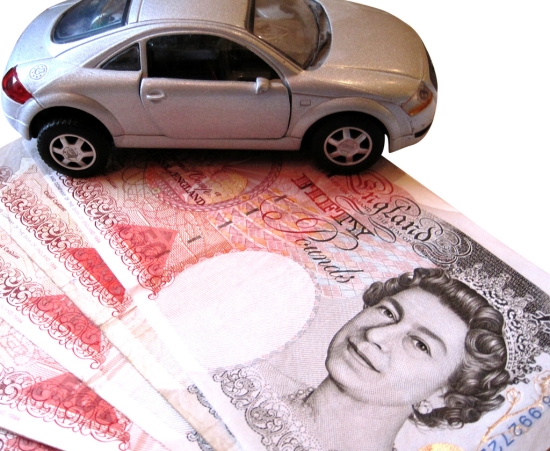The AA has warned motorists that the cost of fuel is set to rise dramatically thanks to a combination of the falling value of the pound and a planned rise in fuel duty in the Chancellor’s budget next month.

Petrol prices have already increased 6 pence per litre thanks to the rising cost of wholesale oil in recent weeks – a rise which could potentially double should the Chancellor proceed with the proposed 3 pence increase in fuel tax.
Should George Osborne choose to go ahead with the increase, the new legislation would come into effect in September. It would be the first change to the cost of fuel duty since March 2011, when the Chancellor chose to cut it by 1 pence per litre.
The increase, of course, would have a huge effect upon the nation’s workers and also small businesses forced to pay higher fuel costs for transportation.
Since the beginning of January, petrol prices have risen by an average of 6.24 pence per litre, with the current average cost sitting at 138.32 pence per litre. Such rises mean that independent retailers and even large supermarket chains have had to pay a higher delivery charge, with these additional costs then being passed on to the consumer.
While this may not be a huge problem for supermarkets, many of whom have been accused of selling petrol at a loss making price to drive consumers into their main stores, a further increase could push independent retailers, who are already struggling in the poor economic climate, over the edge.
A combination of high business rates, rising utility prices and skyrocketing delivery charges could further damage the UK high street at a time when commercial property vacancy rates are at a record high.
President of the AA, Edmund King, claims that motorists have been used as a “cash cow for tax and speculator greed” for some time, and while he largely blames the rising cost of wholesale fuel for the issue he believes that the Chancellor is responsible for easing the burden on those who rely upon petrol.
He says; “This is the third 10p-a-litre wholesale price surge in 11 months, given extra vigour by currency speculators betting against the pound.
“Given the lashing motoring families and UK businesses are taking from the speculator-driven fuel prices, we hope the Chancellor spells out clearly in the forthcoming budget that he can feel the pressure on families and businesses, and that he will cancel the September rise if that strain is too great.”
Do you think a freeze on fuel duty would be a positive step in stabilising the UK economy, and should small businesses which rely heavily upon petrol in the running of their companies be eligible for a tax break from the Government if the increase goes ahead?